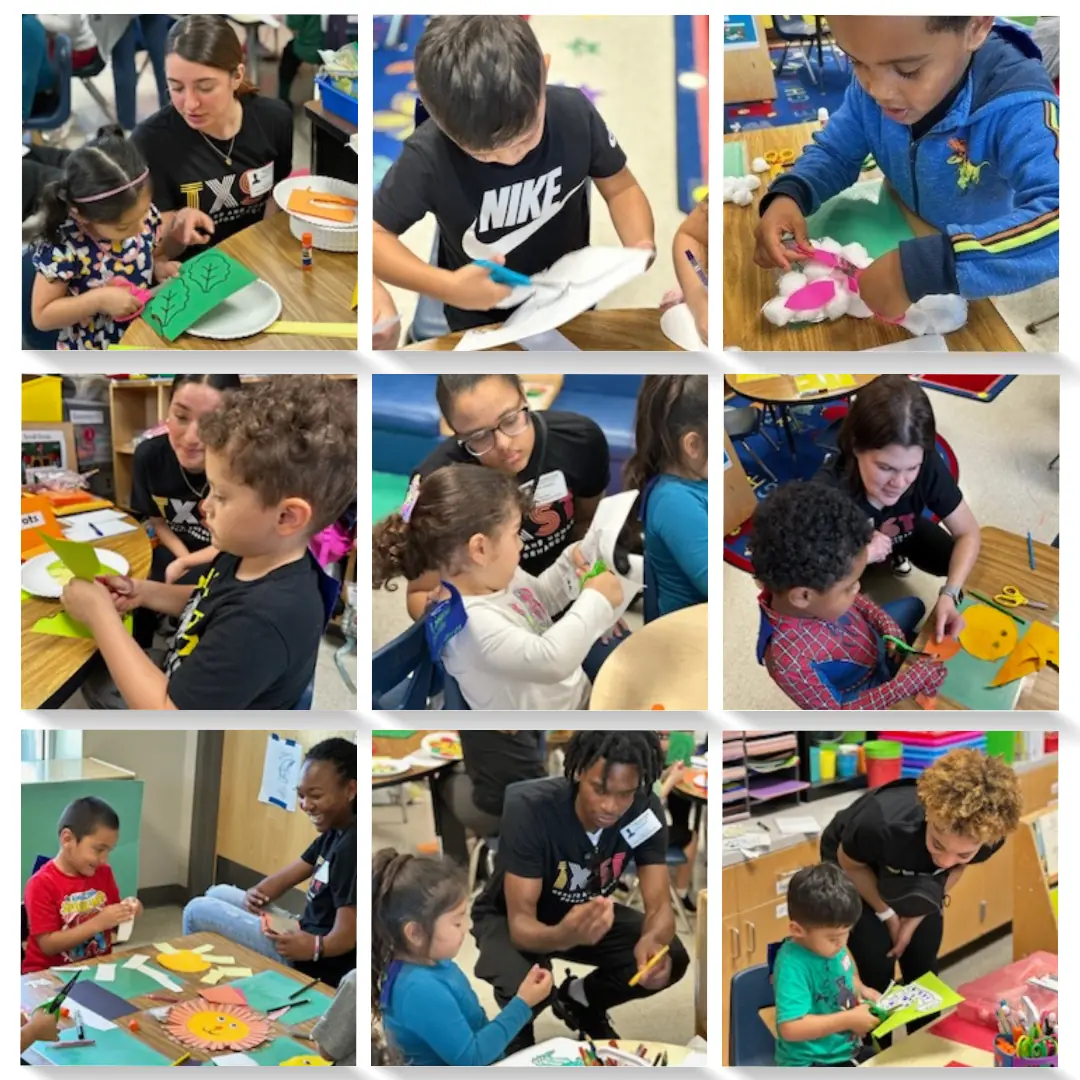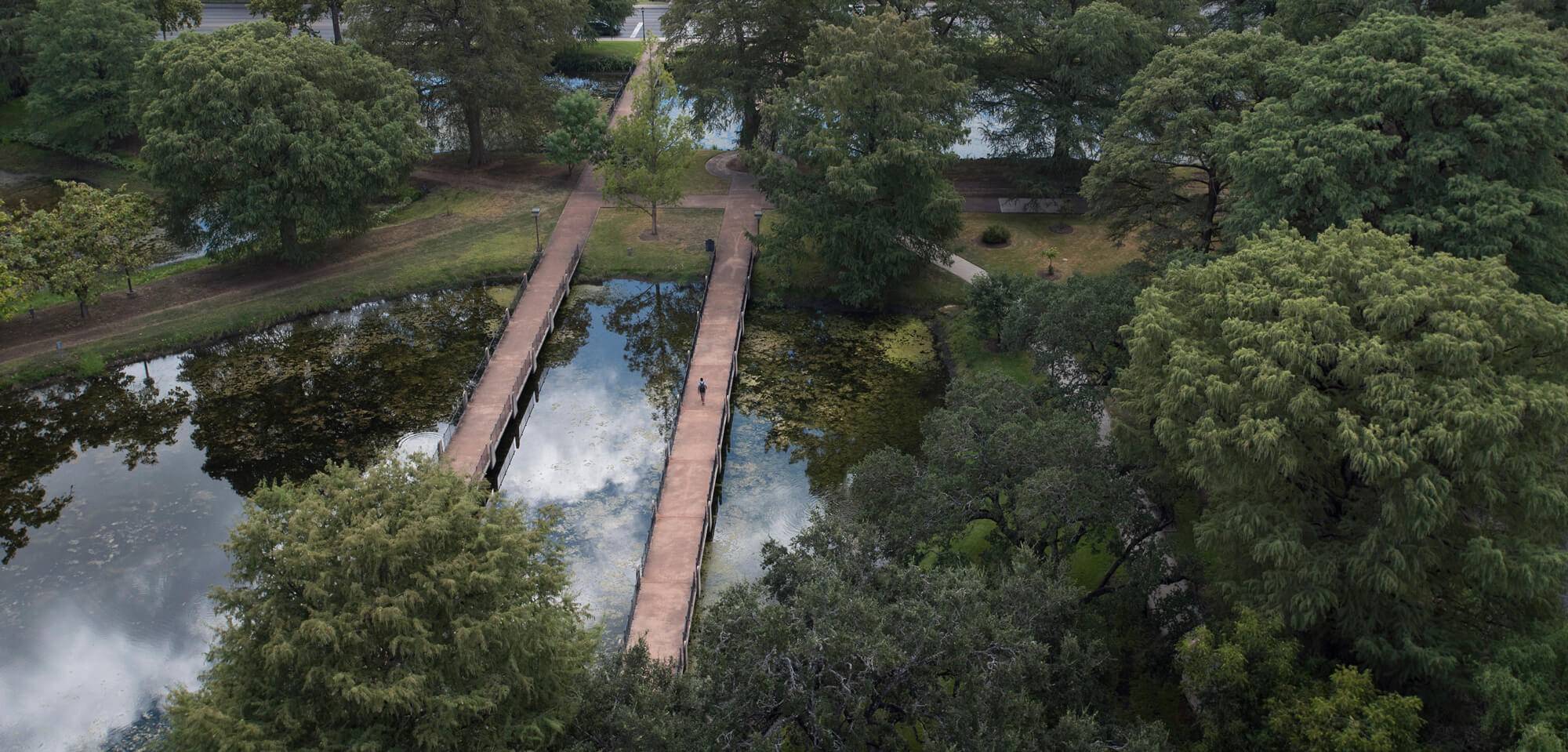Research Project Enhances Preschoolers' Fine Motor Skills
Charlcee Cervantez I March 26, 2024
Dr. Jennifer Ahrens, a clinical associate professor in the Department of Health and Human Performance, leads a pioneering research project at Bonham Elementary in San Marcos, Texas, aimed at improving fine motor skills among preschoolers.
"This isn't just research; it's a revolution in how we approach learning for our youngest learners," she said, unveiling the multifaceted project's blueprint and its transformative potential.
The primary objectives of this project include shifting the focus from general fine motor abilities to honing cutting skills, and transitioning the instructional approach from teacher-centric to one fostering a Mastery Motivational Climate (MMC) within the pre-kindergarten classroom.

Activities within an MMC must balance being engaging and challenging. Scissor cutting emerges as one of the most formidable challenges in fine motor coordination among four-to-five-year-olds demanding not only simple dexterity but also bi-manual coordination, bilateral transfer, and sustained attention—areas in which pre-kindergarten students commonly encounter difficulties.
"Scissor cutting isn't just about snipping paper; it's about nurturing fine motor skills that lay the groundwork for future academic success," she emphasized. “We're turning the classroom into a playground of possibilities, where every snip is a step towards mastery.”
Twelve undergraduate students from the Department of Health and Human Performance were selected to collaborate. These students assist with the 24 (one-hour) developmentally appropriate fine motor stations focusing on cutting with scissors, created by Ahrens.
Ahrens aims to elevate scissor cutting from a mere task to a triumph of coordination and focus. The project's objectives are as ambitious as they are noble. Every facet is meticulously designed to propel young learners from fostering an MMC to honing cutting-edge skills.
But it's not just about snipping scissors; it's about sparking a revolution in early childhood education. "We're flipping the script on traditional teaching methods," Ahrens asserted. “By empowering children to lead their own learning, we're cultivating a generation of self-assured scholars ready to conquer any challenge.”
Reflecting on the initial apprehension surrounding the project's unconventional approach, Ahrens recounted how Day 1 turned out to be a big win despite doubts. "The skeptics thought the kids would go crazy, but they surprised us all," Dr. Ahrens said. "With the help of our undergraduate student facilitators, they breezed through the stations like pros."
She envisions a ripple effect across early childhood education as the project gains momentum. "We're not just conducting research; we're shaping policies that will redefine the landscape of learning."
